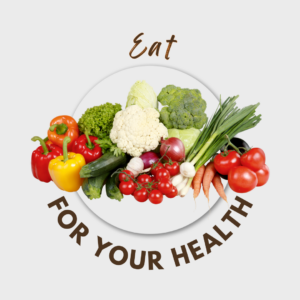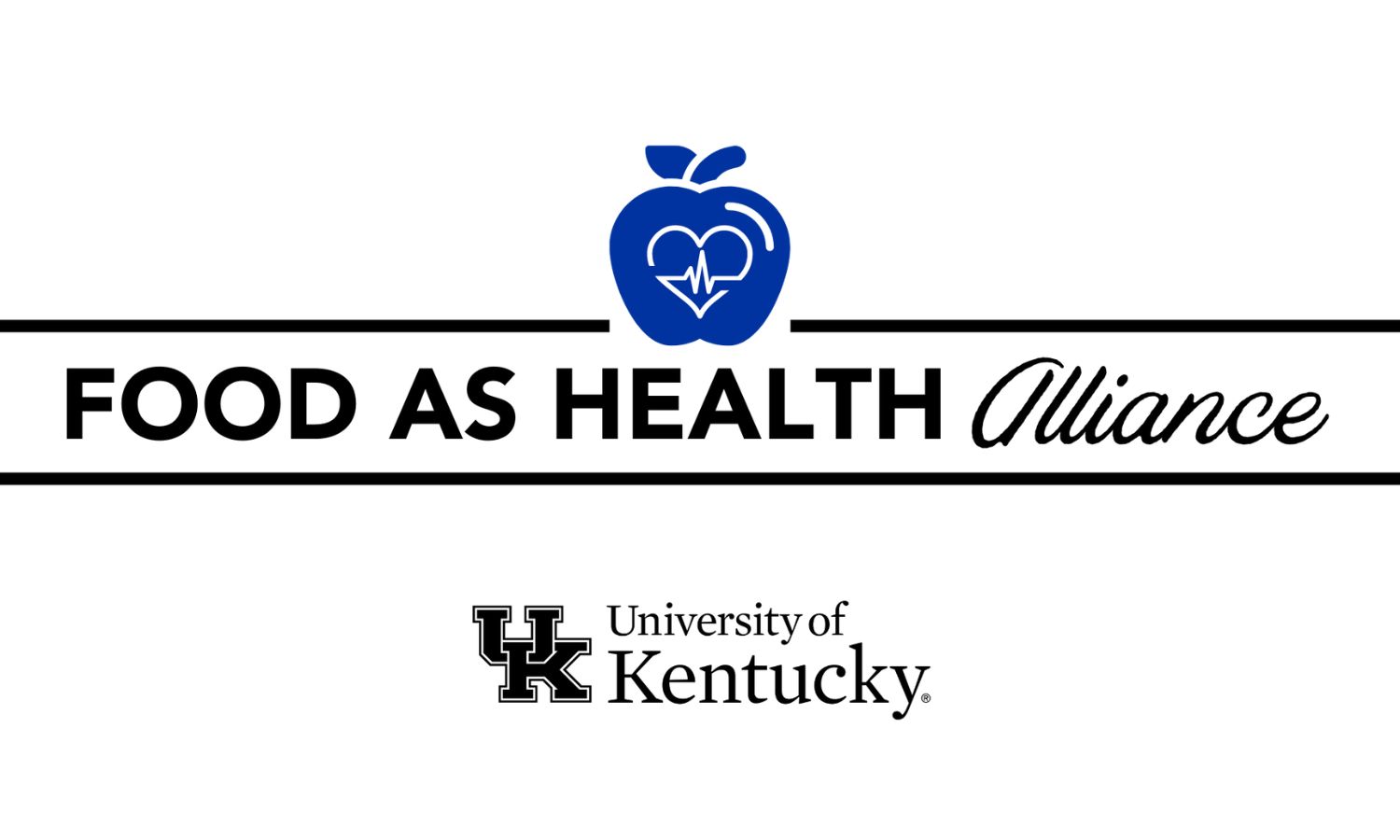The topic of nutrition keeps getting more popular. Everybody has different opinions about nutrition trends, so it is hard to know what information is true. Not everybody forms their opinions around evidence and research. On the internet and social media, opinions and trends spread faster than the science behind them. For example, a website can promise magical results from eating certain foods without knowing the facts. One fact about nutrition is that food plays a role in health, and we need to use the right resources when learning about nutrition and chronic diseases.

Chronic disease is a general definition for different conditions. Chronic diseases occur when someone has a condition(s) for one or more years that causes a person to seek medical help. Heart disease, cancer, obesity, and diabetes are some examples of chronic diseases. A person can develop certain types of chronic diseases when they eat more calories, fat, and salt than their body needs. The good news is your body may be protected from these conditions when you eat fruits, vegetables, and whole grains. These types of foods keep your body healthy and happy. There has been plenty of research about food’s role in chronic disease. But where can you find this information? How do you know you are learning the facts? Where is the data without someone’s opinion included?
Below are some trustworthy resources that provide helpful information. You can use these to learn more about your diet, health, and chronic disease.
- For information about nutrition, consider “Choose MyPlate.” The USDA “Choose MyPlate” website helps you create meals that have fruits, vegetables, whole grains, dairy, and protein. They have resources to help you set food goals to increase the amount of fruits, vegetables, and whole grains you eat.
- For information about chronic diseases, consider the Centers for Disease Control and Prevention. This internet resource will walk you through information about specific conditions, statistics, and lifestyle choices that reduce risk and improve health.
- When looking for other resources, look for websites that end in .edu or .gov. These websites are usually credible sources. They most likely have accurate and factual information. Websites that end in a .com do not always have reliable information on them. Anyone can create these types of websites, so even people who are not experts can post information. Always look for the author and credentials that make them a reliable source of information. For example, you should look for nutrition information from a Registered Dietitian Nutritionist (RDN).
Use the websites listed above, and remember these tips when searching the internet for information. Always question the source and consider whether research supports what you are reading if you are looking for reliable information related to nutrition and chronic disease.
Reference: About Chronic Diseases. (2019, October 23). Retrieved from https://www.cdc.gov/chronicdisease/about/index.htm.
Sources: Rachael Schmetzer, UK Dietetic Intern, and Heather Norman-Burgdolf, Extension Specialist for Nutrition and Health

Discover University-backed resources like the one below from our partners at the University of Kentucky Food as Health Alliance: https://foodashealthalliance.ca.uky.edu/community-resources
https://news.ca.uky.edu/index.php/article/uk-launches-food-health-alliance-boost-health-and-wellbeing

